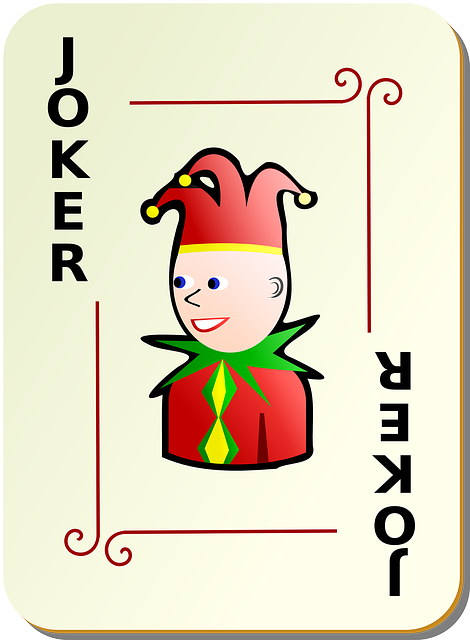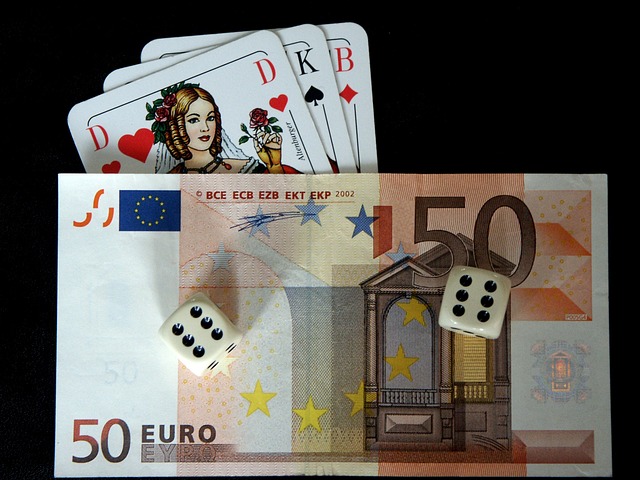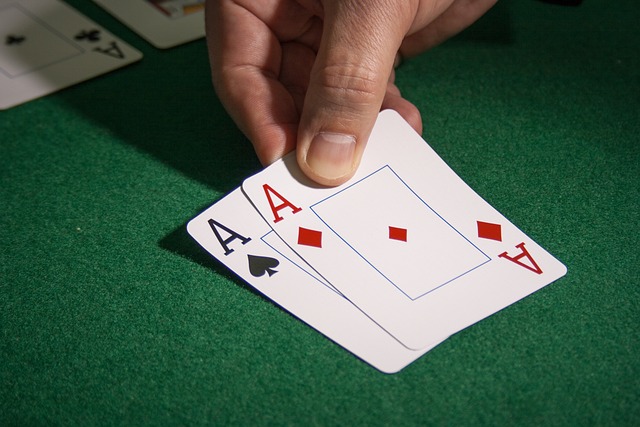Poker tournaments offer a hierarchical payout structure that rewards top finishers with escalating potential payouts compared to fixed jackpot games. Players are ranked based on chip counts, and final rankings determine prize distribution. Tournament dynamics, including participant count, blind levels, and rules, significantly impact prize structures, fostering strategic play and excitement in Poker Tournaments.
Poker tournaments offer thrilling challenges for players, with payout structures that vary from event to event. This article delves into the intricate world of poker tournament payouts, providing insights on understanding complex rank-based systems and the factors that dictate final distributions. From chip counts to finishing positions, discover how these elements shape the rewards for both casual players and seasoned pros in the competitive landscape of poker tournaments.
- Understanding Poker Tournament Payout Structures
- Determining Winning Based on Rank and Chips
- Factors Influencing Final Payouts in Tournaments
Understanding Poker Tournament Payout Structures

Poker tournament payouts are determined by a structured system that varies from event to event. Understanding this structure is crucial for players aiming to maximize their earnings and strategize effectively. In most poker tournaments, the payout distribution isn’t equal across all finishing positions; instead, it follows a pyramid-like format. Typically, only a select few players take home a significant portion of the prize pool, with the top 1-3 finishers receiving the bulk of the payouts.
This structure encourages aggressive play and creates an exciting atmosphere as players compete to secure their place in the money. The further a player progresses in the tournament, the higher their potential payout becomes. This dynamic makes poker tournaments unique compared to games with fixed jackpots, where every bettor has an equal chance of winning a set amount.
Determining Winning Based on Rank and Chips

In poker tournaments, determining a winner based on rank and chips is a fundamental aspect of the game. Players compete against each other in a structured format, where their performance is assessed through a combination of card strength and strategic decision-making. The ranking system, often utilizing a pay scale based on final chip counts, plays a crucial role in deciding not only the winner but also the distribution of prizes. This method ensures fairness and encourages strategic play throughout the tournament.
Chips, representing monetary value or play money, are distributed to players based on their initial buy-ins. As the tournament progresses, players either accumulate more chips through winning hands or lose them as a result of bad beats or poor decisions. The final rankings are determined when only a few top players remain, with their chip stacks compared to establish the order of finish. This process ensures that the best players prevail, making it an integral part of the excitement and appeal of Poker Tournaments.
Factors Influencing Final Payouts in Tournaments

In the dynamic world of poker tournaments, several factors intricately weave together to determine the final payouts for participants. One key element is the number of entrants, as larger fields often result in smaller shares for each player due to the redistribution of the prize pool. The structure of blind levels and the timing of payments during the tournament also play a significant role. Aggressive play or strong strategic moves can impact the bankrolls of players, altering potential payouts.
Additionally, the specific poker tournaments rules, including any add-ons or buy-in requirements, influence the overall prize structure. The level of competition is another crucial consideration; facing tougher opponents can significantly affect one’s path to the top and subsequent payout. These factors collectively shape the financial outcomes, offering players both challenges and exciting opportunities within the poker tournaments landscape.
Poker tournaments offer an exciting structure where skilled players can compete for substantial prizes. By understanding the various payout methods, from prize pools to chip rankings, participants can navigate the competitive landscape effectively. These factors ensure that the final payouts in poker tournaments are fair and rewarding, making them a captivating experience for both casual and professional players alike in the world of Poker Tournaments.






